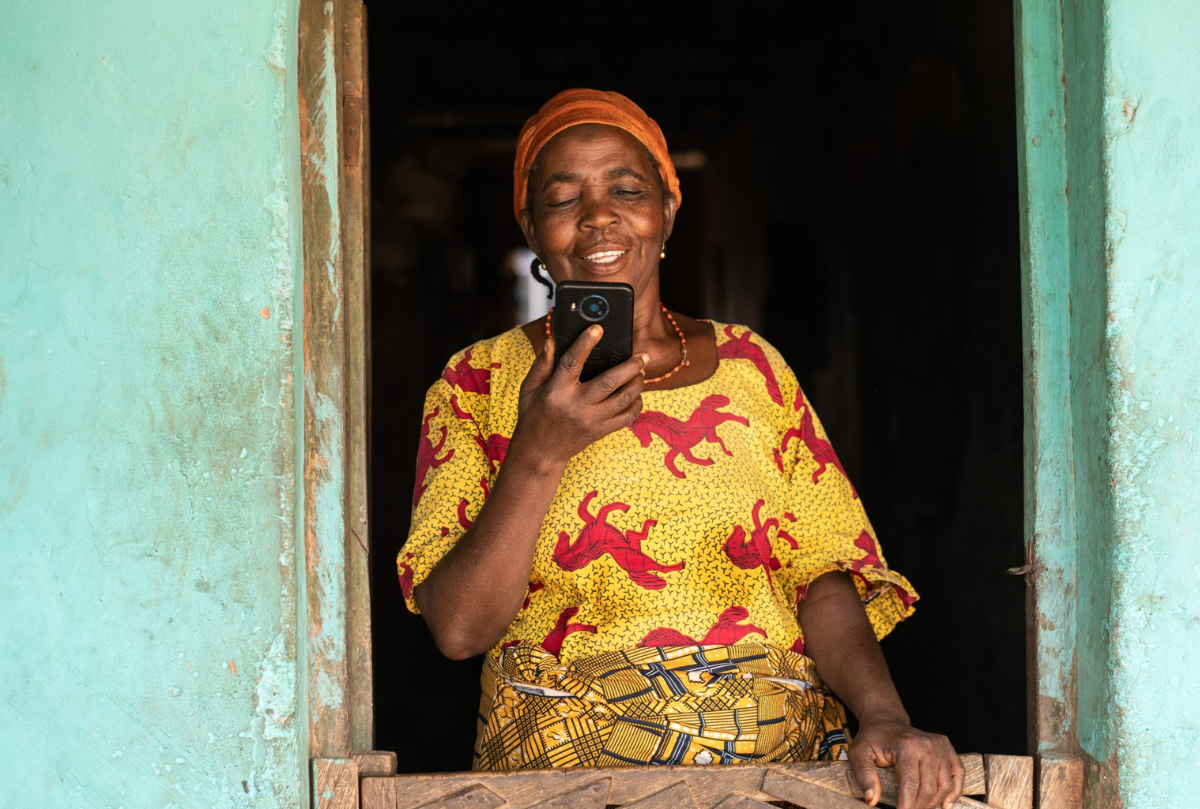Kenya Records Gains in Mobile and Internet Uptake, but Digital Divide Persists
It also indicates that there is higher ICT adoption strongly linked to income, education, and reliable electricity. The report further shows that people living with disabilities, the elderly, and those with limited schooling face greater digital exclusion.

A joint report by the Communications Authority of Kenya (CA ) and Kenya National Bureau of Statistics (KNBS ) shows significant progress in mobile and Internet uptake across Kenya, while highlighting that greater efforts are required to bridge the digital divide.
The Analytical Report on ICT Based on the 2023/24 Kenya Housing Survey, which covers ICT ownership, usage and smart technology adoption, shows marked disparities between urban and rural communities, and among income groups. It also indicates that there is higher ICT adoption strongly linked to income, education, and reliable electricity. The report further shows that people living with disabilities, the elderly, and those with limited schooling face greater digital exclusion.
According to the report, 53.7 per cent of Kenyans aged three (3) years and above own a mobile phone, with urban areas leading at 64.6 per cent ownership compared to 48.6 per cent in rural areas. In terms of gender, the report shows a minimal gender gap in mobile ownership, with males reported at 54.5 per cent compared to 52.9 per cent of females. The report, which surveyed 25,000 households across the 47 Counties, indicates that mobile phone usage stood at 64.9 per cent at the national level, with 65.5 males and 64.4 females using mobile phones, respectively.
While mobile ownership is associated with a range of benefits such as unrestricted use of digital services, communication, and financial inclusion, the report indicates that a portion of the population continued to use mobile services through shared arrangements, highlighting underlying inequalities in digital inclusion. Nationally, 11.3 per cent of individuals reported using a mobile phone without owning one, with a slightly higher proportion among females at 11.5 per cent, compared to males at 11.0 per cent.
Mobile phone sharing was marginally higher in urban areas at 11.8 per cent, with 12.4 per cent of females and 11.2 per cent of males using phones they did not own. About 35.0 per cent of Kenyans now use the Internet, with youth aged 18-34 leading the digital adoption race, with over 80 per cent owning a mobile phone and 58.6 using the Internet. The report shows that unserved and underserved counties have the least mobile phone ownership, with West Pokot County recording the lowest at 29 per cent, followed by Turkana (29.4 %), Marsabit (34.8%), Tana River (35.5%) and Samburu (36.8%).
Nairobi City County leads in mobile ownership at 67.7 per cent, followed by Kirinyaga with 65.0 per cent and Nyandarua at 63.9 per cent in second and third positions, with Muranga and Kiambu sealing the top five at 62.3 and 62.1 per cent ownership, respectively. In terms of internet usage, Nairobi is ranked first at 64.7%, followed by Kiambu (54.0%), Nyeri (50.1%), Mombasa (46.9%), and Uasin Gishu (42.1%). West Pokot (9.1%), Turkana (12.7%), Tana River (15.5%), Marsabit (16.3%) and Garissa (16.5%) Counties recorded the least Internet usage.
The report also shows low computer and smart technology uptake, with only 11.6 per cent of Kenyans aged three (3) years and above using computers, with just over 20 per cent in urban areas. Adoption of smart home technologies remains limited, particularly outside high-income and urban households. The findings underscore the need for targeted investment in digital infrastructure, affordable connectivity, and digital literacy, particularly in unserved and underserved areas of the country, and inclusive policies to empower all Kenyans in the digital era, in line with the Bottom-Up Economic Transformation Agenda (BETA) and Sustainable Development Goals.
“These insights provide a robust foundation for policy interventions to make Kenya a more digitally inclusive society. Bridging urban-rural and social gaps is critical for equitable national development”
– David Mugonyi, Director General, Communications Authority of Kenya (CA)
“We urge all stakeholders, government, private sector, and development partners, to prioritize investments and programmes that address digital access disparities and promote universal digital literacy”
– Dr. Macdonald Obudho, Director General, Kenya National Bureau of Statistics






